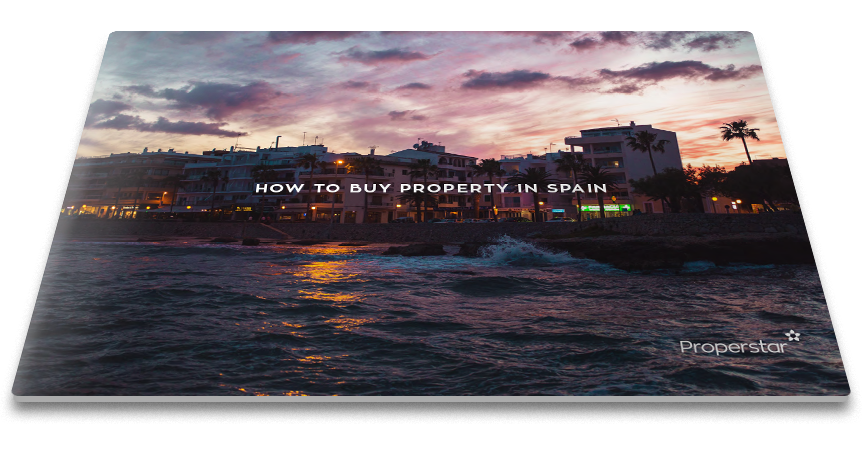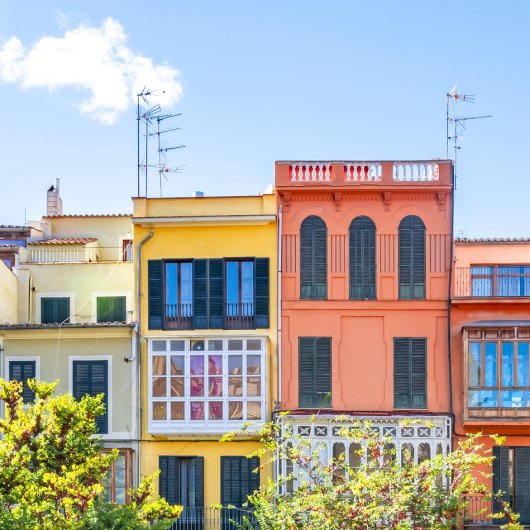
Getting mortgage in Spain
Getting mortgage in Spain
Mortgage conditions
In the case of newly constructed houses, the financial entity in charge of granting the mortgage will be the same entity that financed the construction project, though the buyer will have the option to subrogate the mortgage of said bank. In the latter case, be careful as it is common for developer banks to charge a fee for not subrogating the mortgage, a practice which the Bank of Spain (Banco de España) has classified as abusive.
For second-hand homes, the buyer is free to choose the bank which offers them the best mortgage conditions.
Spanish banks no longer finance 100% of the appraised value of a property plus associated expenses, but only up to 80%, a percentage which is sometimes reduced to 50 - 60% for foreign buyers.
This means that the future owner must contribute between 20 - 40% out of pocket plus fees, which amounts to around 10-12% of the purchase value. For a house that costs 250,000 euros, this would mean having more than 50,000 euros saved.
The maximum repayment term offered is 30 years.
The website of the Spanish Mortgage Association (Asociación Hipotecaria Española) offers a mortgage simulator that is very helpful for calculating mortgage fees.

Download the complete guide for free
Ready to turn your dream of owning property in Spain into reality? Our comprehensive guide, "How to Buy Property in Spain," is your essential resource for confidently navigating the Spanish real estate market.
Fill out the form below and download your copy now.
Important criteria to get mortgages
Other aspects that the bank will take into account when considering granting a mortgage to either residents or non-residents are:
1. Job Stability
This is the first thing that the bank will verify when considering granting a mortgage. To that end, the buyer must present documents that prove a stable income (employment contract, employment history, tax returns, etc.). Retired individuals will face shorter repayment windows, which will increase their monthly repayments. They therefore will be required to demonstrate their financial ability to handle such payments.
2. The mortgage fee should not exceed 40% of the mortgagee’s income
Otherwise the request will be rejected or a smaller loan offered.
3. The mortgagee should not appear on a defaulter’s list
Before granting any loan, the banks check lists of defaulters provided by the ASNEF and the RAI, not offering financing to any person who appears on those lists.
4. House quality matters
This is not a mandatory requirement, but the banks, after having to execute thousands of mortgages in recent years, have started to consider ease of relocation as a point in favor of financing a house.
Opening Expenses for a €120,000 Mortgage
The interest rates for mortgages in Spain depend on whether the loan is contracted at a fixed, variable, or mixed interest rate.
Fixed interest rates currently oscillate between 1.75 and 2.75% APR, while in some banks variable interest rates start from Euribor + 0.99% APR. The mixed mortgage option would combine a period of fixed interest with a separate period of variable interest.
Foreign buyers who already have property in their country of origin and do not wish to access Spanish financing may apply for a mortgage on their original home or request another type of loan in their home country in order to acquire the funding for a new property in Spain.


